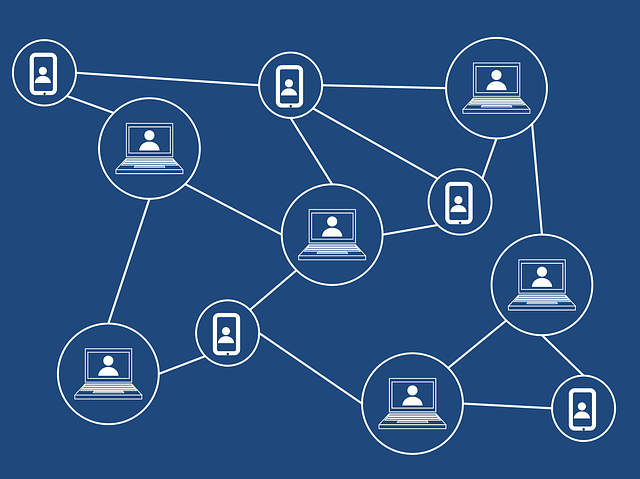The National Mounted Police Digital Crime Centre has just announced that it is using the Tezos blockchain as a part of its missions. The operation is presented as constituting the deployment of the first "smart contract" to the world coded by a government authority, on a third-generation blockchain. This is the world's first and even if it is announced by the French Armed Forces Information and Public Relations Service, its scale is potentially nothing lesser than European.

In fact, since September 2019, the Centre for Combating Digital Crime (C3N) of the National Mounted Police validates certain expenditures made in the legal framework and keeps track of them on a blockchain. The use case in question concerns the grants provided by euro pol to this cybercrime unit.
Does this mean that these subsidies are paid in cryptocurrencies?
In this new model, the transaction data, and in particular all documents certifying their authorization and execution, are chopped and then injected into the smart contract directly by the responsible police official, via a software interface.
This simplifies the process, which once could take several months, a few minutes of execution and a few cents of transaction fees. The proofs of the checks and expenditures made are then entered in the blockchain. This also means that the institution will have to buy XTZ, the tokens needed to pay the smart contract user fee.
Why was Tezos' blockchain used?
Sajida Zouarhi confirms that these are technical considerations and not a zealous patriotism on the part of the National Gendarmerie. If Ethereum was indeed second in the list of potential candidates, Solidity was not considered robust enough for such a use, which presents a high safety requirement.

On the other hand, the smart contracts of Tezos, a so-called "third-generation" blockchain, are coded in Michelson, a highly typed programming language that can easily lend itself to the game of formal verification. Michelson is also implemented in Ocaml, an open-source language created in 1996 by a team of French researchers. In computer science, the test of time is a guarantee of reliability.









